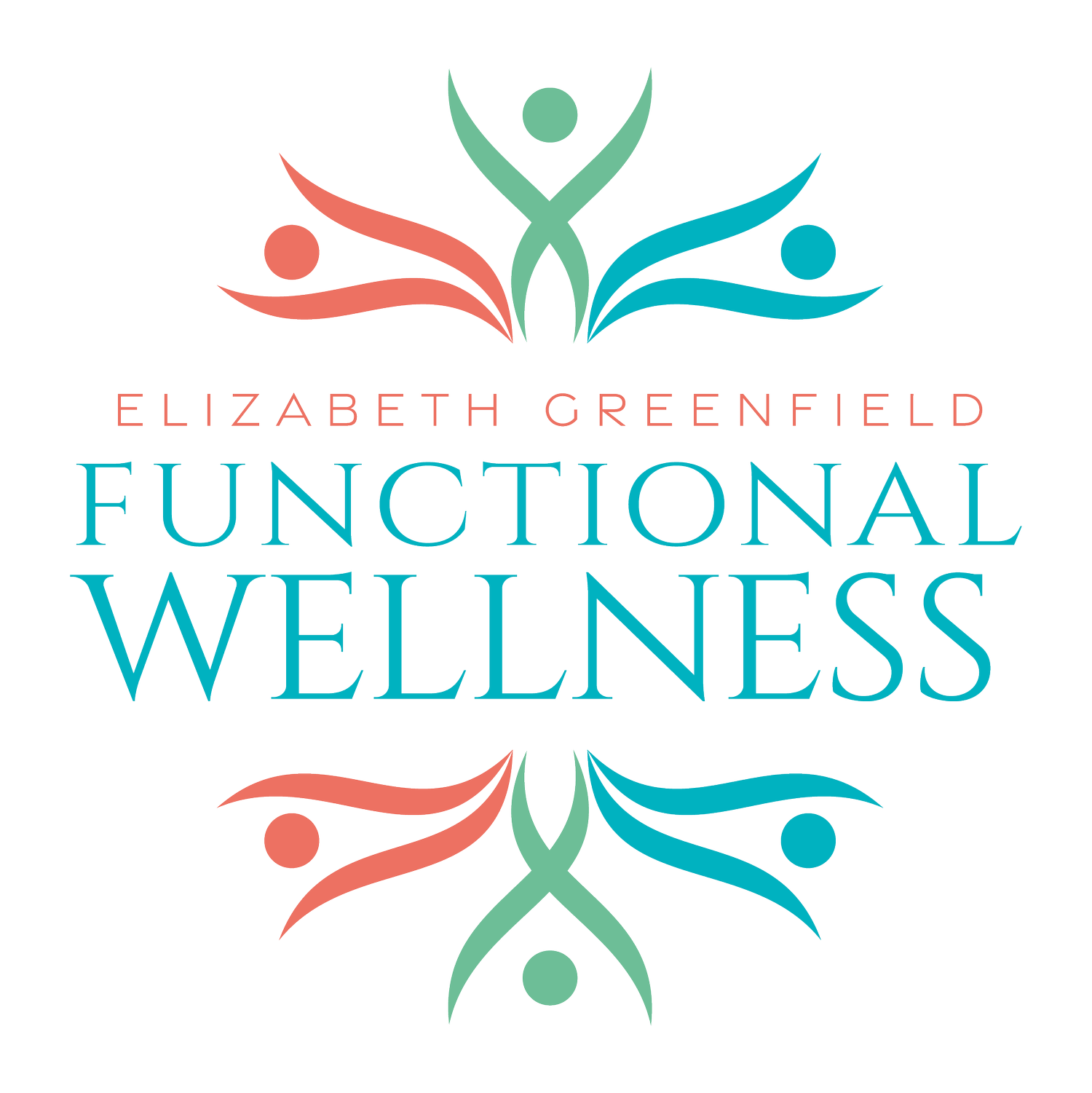Unveiling My Biological Age: A Journey Through Stress, Sleepless Nights, and Self-Care
As a health and wellness expert, I have dedicated my life to helping others achieve their best health. However, today I want to share something deeply personal: my biological age result based on my telomere length. This revelation was both enlightening and challenging, shedding light on the impact of stress and lack of sleep on our cellular health.
Telomeres are the protective caps at the ends of our chromosomes, akin to the plastic tips on shoelaces. They play a crucial role in preserving the genetic information during cell division. Over time, as cells divide, telomeres naturally shorten. However, this shortening can be accelerated by various factors, notably chronic stress and insufficient sleep. When telomeres become too short, cells can no longer divide properly, leading to aging and an increased risk of diseases.
Receiving my biological age result was a moment of reflection and humility. Despite my knowledge and dedication to health, the results revealed the toll that years of high stress and lack of sleep had taken on my body. My time working overnight shifts in the hospital was particularly grueling. The constant pressure, the life-or-death situations, and the relentless pace left little room for rest or recovery.
Working nights in the hospital was a test of endurance. I vividly remember the long, sleepless nights where the goal was simply to keep patients alive with a skeleton crew of staff. The emotional and physical demands were immense. The hospital environment, while a place of healing for many, was also a place of chronic stress for the caregivers. My body bore the brunt of those years, and it showed in my telomere length.
The evidence supporting the detrimental effects of night shifts on health is compelling. The Nurses' Health Study, a landmark longitudinal study, highlighted the increased risks associated with night shift work. Nurses who worked rotating night shifts for more than five years had a 15-20% increased risk of all-cause mortality compared to those who did not. The study also linked long-term night shift work to higher incidences of cardiovascular disease and cancer, underscoring the severe health impacts of disrupted circadian rhythms and chronic sleep deprivation.
Seeing these results has reinforced my commitment to prioritizing my health. I have always believed in the importance of self-care, but this experience has brought it to the forefront of my life. Honoring my body is now my number one priority. I am committed to reducing stress, getting adequate sleep, and creating a lifestyle that supports my well-being.
In sharing my journey, I hope to inspire others to reflect on their own health and make positive changes. It is easy to get caught up in the demands of life and neglect our bodies. However, as my experience shows, the long-term consequences can be significant. By taking proactive steps to manage stress and prioritize sleep, we can protect our telomeres, slow the aging process, and enhance our overall health.
This experience has not only changed my personal approach to health but has also profoundly impacted the work I do with clients as a functional medicine practitioner. Understanding firsthand the effects of stress and sleep deprivation has deepened my commitment to helping others prioritize their health.
I now approach each client's health journey with even greater empathy and insight. I recognize that many of my clients face significant stressors and challenges that can negatively impact their health. My role is to guide them in identifying these stressors and developing strategies to mitigate their effects. Whether it's through mindfulness practices, nutrition, or lifestyle modifications, I am dedicated to providing the tools and support my clients need to improve their health.
My journey has also underscored the importance of a holistic approach to health. Functional medicine emphasizes the interconnectedness of the body, mind, and environment. By addressing the root causes of health issues rather than just the symptoms, we can create lasting, positive changes. This approach is particularly important when dealing with stress and sleep-related issues, which often require a multifaceted strategy.
The insights I gained from my telomere length results have reinforced the necessity of a balanced lifestyle. I emphasize to my clients the importance of prioritizing sleep, managing stress, and taking time for self-care. These elements are not luxuries but essential components of a healthy life. By making these practices a priority, we can improve not only our telomere health but also our overall well-being.
In conclusion, my journey to uncover my biological age has been both a humbling and enlightening experience. It has reaffirmed my dedication to self-care and deepened my commitment to helping others achieve optimal health. I encourage everyone to take a step back, evaluate their stress levels, and make a concerted effort to prioritize their health. Our bodies are incredible, resilient systems, but they need care and attention to function at their best. Let's honor our bodies, prioritize our health, and live our best lives together.
